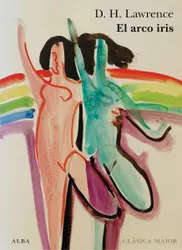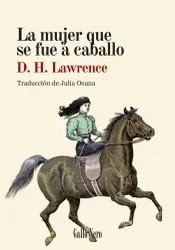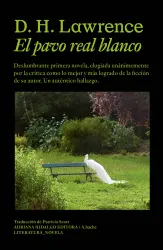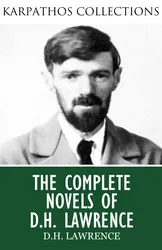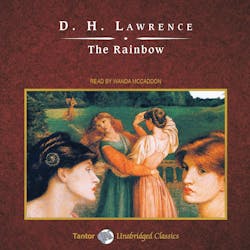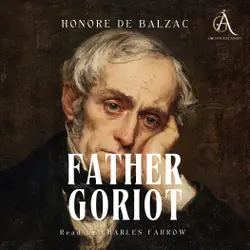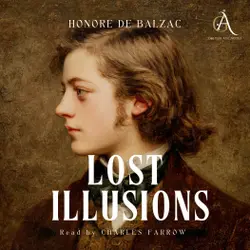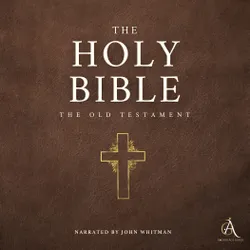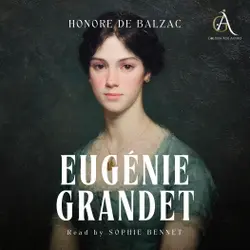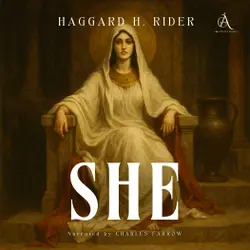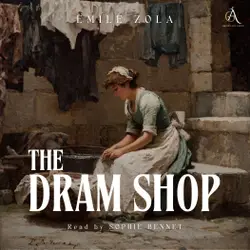D. H. Lawrence's Lady Chatterley's Lover is one of the most controversial and groundbreaking novels of the twentieth century. It tells the story of Constance Chatterley, a woman trapped in a sterile marriage with her paralyzed husband, Sir Clifford. When she begins a passionate affair with the estate's gamekeeper, Oliver Mellors, her awakening to desire and intimacy becomes a challenge to the restrictions of class, convention, and repression.
More than a tale of forbidden love, the novel is a bold exploration of physical passion, emotional connection, and the search for wholeness in a fractured modern world. Lawrence's frank depictions of sexuality and his critique of industrial society sparked outrage and censorship upon publication, but also secured the novel's place as a landmark in literary history.
Today, Lady Chatterley's Lover endures not only as a love story but also as a daring reflection on freedom, authenticity, and the healing power of intimacy. It remains a provocative and moving exploration of what it means to be fully alive.

